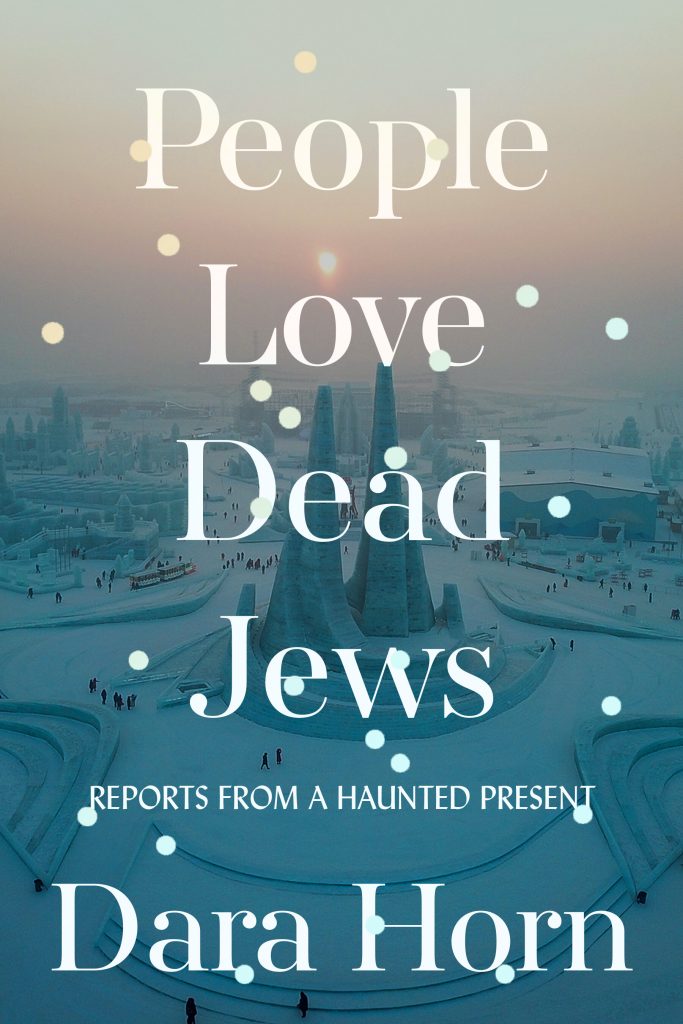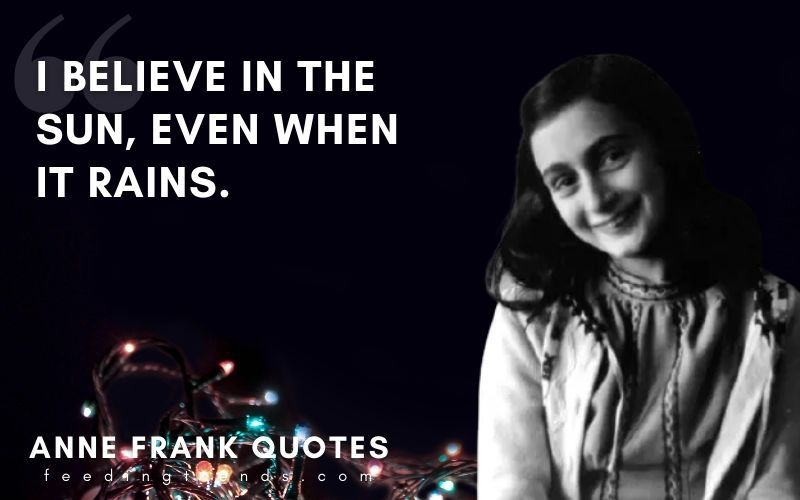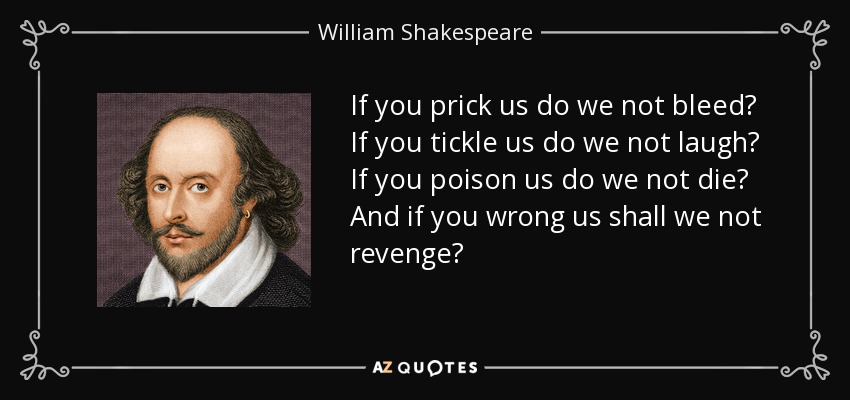
In a series of essays, no not essays, but rather really well-done rants, Dara Horn made me pause and reconsider a lot of what I have accepted about Jews that have died. She opens with Anne Frank, probably the most famous dead Jew, and Frank’s long lasting message. Something to the effect of, “In spite of everything, I still believe people are really good at heart.” Seriously?
Is Anne Frank revered because she offers absolution to non-Jews who participated in or stood-by as the the steamroller of the Holocaust desecrated millions? Would Anne Frank have become an icon if she instead of dying, she had survived the war, published her diary, but gone on to be an aging, embittered housewife living on Long Island. People love dead Jews.

Or consider the book’s longest chapter about a righteous gentile doing his best to save Europe’s most famous artists from Nazi decimation. He was supported by others hoping to save the best of western civilization. At first, laudable, but Dara Horn asks, what about the less famous, the less artistic, the apparently less intellectual, and more religiously Jewish. Were their lives worth less?
Horn’s willingness to dig deeply into Shakespeare’s depiction of Shylock in Shakespeare’s Merchant of Venice is a masterpiece of literary and historical analysis. Defenders of one of Shakespeare’s most oft-produced plays is that his portrayal of Shylock is not anti-Semitic because of a single speech.
